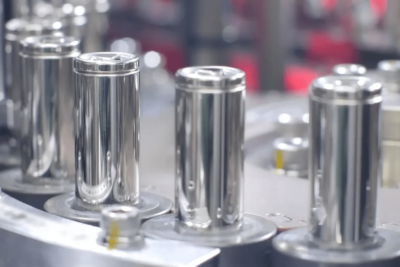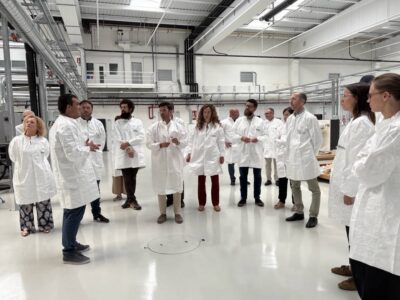Twaice improves development with battery model library
The battery analytics company Twaice has created a ‘battery model library’ that contains various cells with different chemistries and formats. It should not only speed up the creation of validated simulation models for cell ageing, but also make the licensing of models more flexible.
The Munich-based company is known to want to take battery analytics to the next level. At the centre of this is a predictive battery analytics software developed by the start-up. It is supposed to make it possible to evaluate the overall condition of lithium-ion batteries in real time through a so-called digital twin of the battery and to predict their lifespan.
Twaice says the “battery model library” has evolved from years of work with various customers. “Many customers found the traditional methods too time-consuming and wanted faster and more flexible solutions,” the company says in a press release. It says the library is a response to this market demand and can be used for a variety of applications and use cases in the energy and mobility sectors to speed up cell selection and system design in the development process, replace lengthy test cycles and support BMS development and validation.
“We were overwhelmed by the positive feedback on our cell simulation models and have constantly improved the parametrization processes in order to deliver high quality models faster,” says Michael Baumann, co-CEO of Twaice. “Customers want a variety of cells and they want them now. We are very happy to have reached the stage where we can offer just that.”
The most obvious advantage, he said, is speed of delivery. The cells are either already part of the library, in which case the models are available at the touch of a button – or the models are parameterised within three months in the company’s testing facilities (such as a new lab at its headquarters), he says. This immediate access to cell models should significantly accelerate the development process and the resulting time-to-market.
As a business model, the battery analytics company relies on licensing, which “makes the move away from long-term and rigid arrangements with testing suppliers and modeling teams towards a concept that bills customers for the agreed rental period only”. Customers who did not want to have their cells included in the library could also benefit, it says. Optionally, it could also be decreed that the models would not be made available to anyone else.





0 Comments